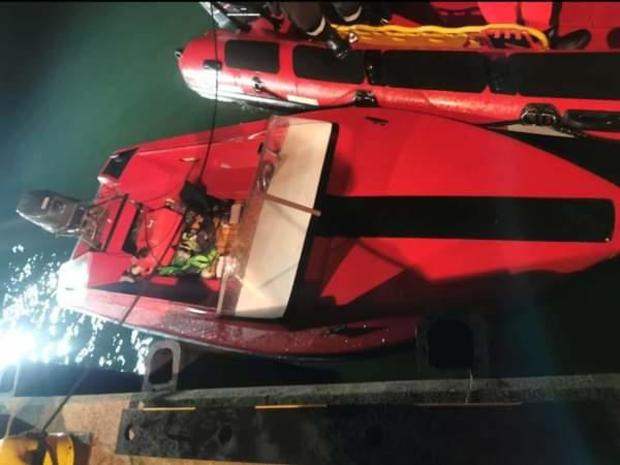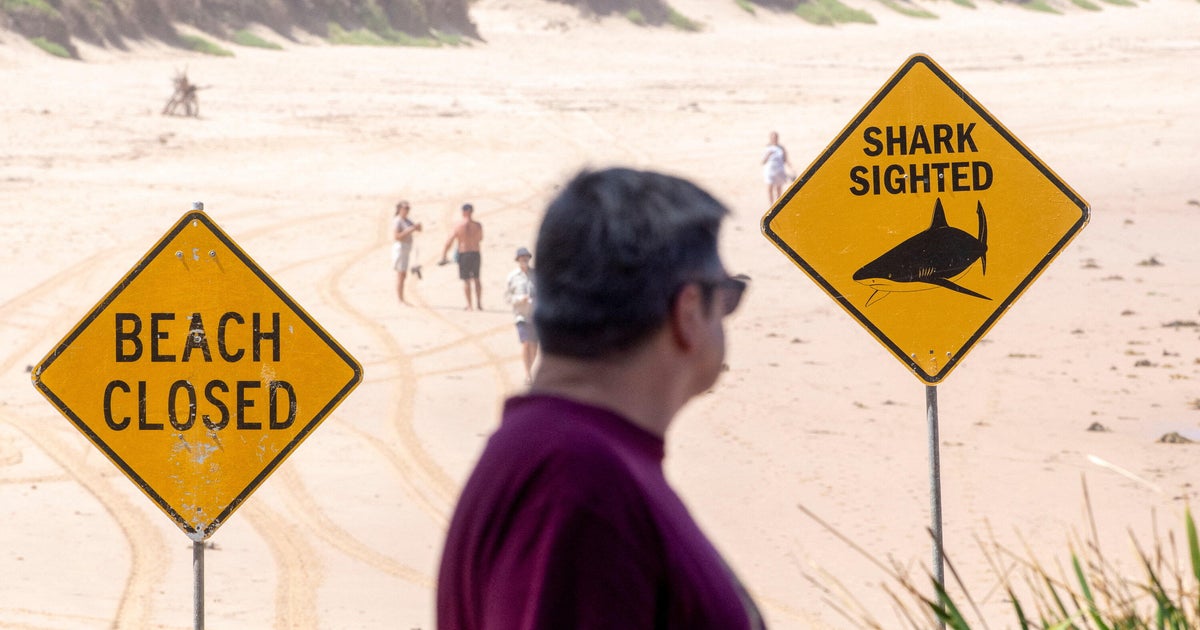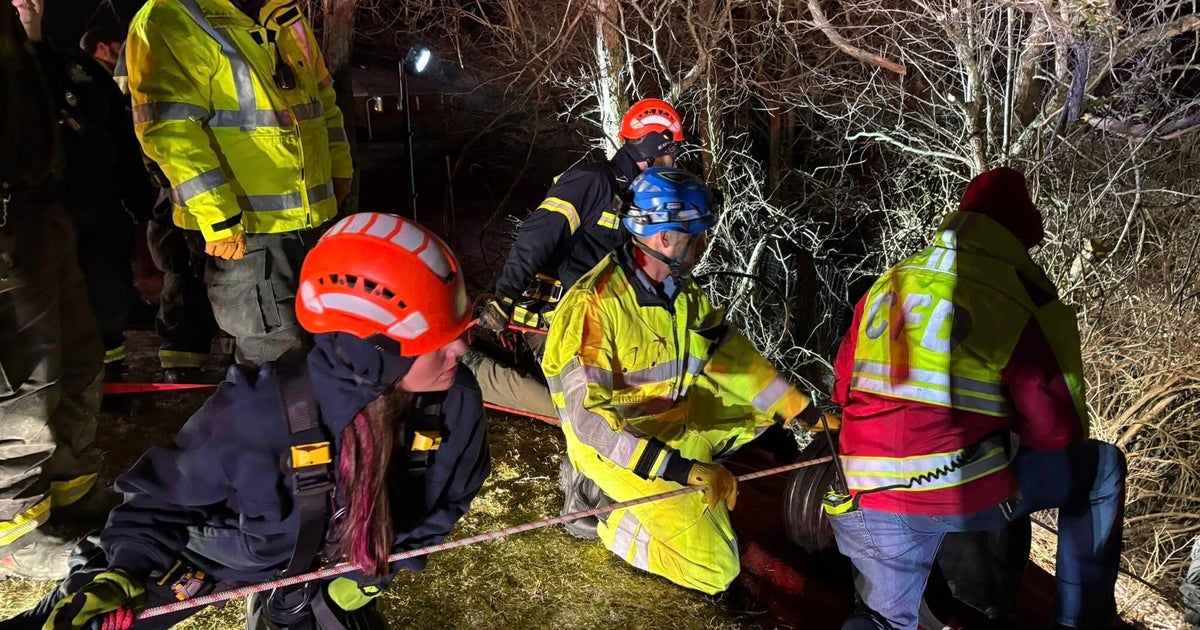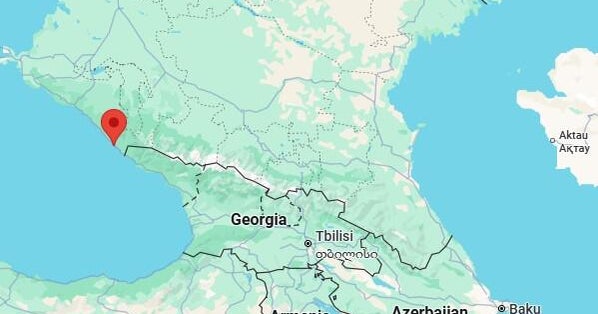Mystery divers rescued near Polish energy sites in the middle of the night offer dubious explanation, and vanish
Coast guards rescued three divers off the northern coast of Poland over the weekend whose dubious explanation of their night-time dive near critical energy infrastructure, along with their mysterious identities, has reportedly sparked a cross-agency investigation. The three men, who told authorities they were Spanish nationals, were rescued near the Polish coastal city of Gdansk on Saturday night after their small motorboat broke down and they couldn't return to shore.
Since then, doubts over their intentions have mounted. They were rescued not far from the Naftoport facility at the Port of Gdansk, which receives tanker shipments of oil and other and petroleum products. They were also found near an area where there are plans to build a new floating natural gas terminal.
The Maritime Search and Rescue Service SAR told CBS News the rescue operation involved police officers, firefighters, and medical workers. SAR spokesman Rafal Goeck described the rescue operation — at just before 2 a.m. local time — as "rather unnatural."
"We received a signal from the fire brigade about a vessel in trouble," Goeck told CBS News, adding that conditions at the time were rough, with strong winds and high seas. The air temperature was only about 43 degrees Fahrenheit, and the water was closer to 37.
"In my 12-year career at the Maritime Search and Rescue Service, I have not experienced anything like that," he said. "It is a rather unnatural thing to be diving under these conditions."
The red, 13-foot pleasure boat broke down about three nautical miles north of Gdansk. The vessel's crew said they'd been struggling for six hours to get it running again. There was no explanation as to why they might have waited so long, in the dark and cold on a rough sea, to call for help.
Police officials determined that the men were not authorized to operate the boat and had not obtained permission to dive. According to Polish media reports, only one of the men had a Spanish passport, while the others offered only verbal identification.
Another wrinkle was their explanation: The men claimed to have been searching for amber. While the Baltic Sea is famous for its vast deposits of amber, searching for it in the dark is unlikely to be a successful strategy.
Seasoned amber hunters interviewed by Polish media said one more thing didn't add up: The men had an underwater scooter, used to drag divers swiftly through the water — something that wouldn't help in a hunt for small objects on the seafloor, especially as such a device's propeller lifts debris from the bottom, decreasing visibility.
Officers apparently saw nothing suspicious at first in the fact that the men were diving near critical infrastructure at night with no permit and atypical amber-hunting equipment, and the local police did not pursue the matter, releasing the men without further questioning.
They have all reportedly left Poland.
Cezary Przepiorka, deputy captain of the Port of Gdansk, told Polish media that only one of the men had formal identification, and the phone numbers offered by the divers were either incorrect or non-functional.
Police and the Polish Internal Security Agency have begun investigating the matter. Various reports say Poland's Central Investigation Bureau of Police, a unit that deals with organized crime, is the lead agency. The bureau declined CBS News' request to comment on the case.
The incident has raised serious concerns about the protection of vital national energy infrastructure as Russia's ongoing war in Ukraine continues to keep energy prices sky-high. A thorough investigation can be expected, especially so soon after the sabotage attack on the undersea Nordstream 1 gas pipeline just weeks ago.
European and U.S. officials have strongly suggested that Russia was behind the attack on the pipeline.
Poland's port of Gdansk, which is vital to the country's energy supplies, sits only about 20 miles from Russia's far-flung, equally strategic western territory of Kaliningrad.








